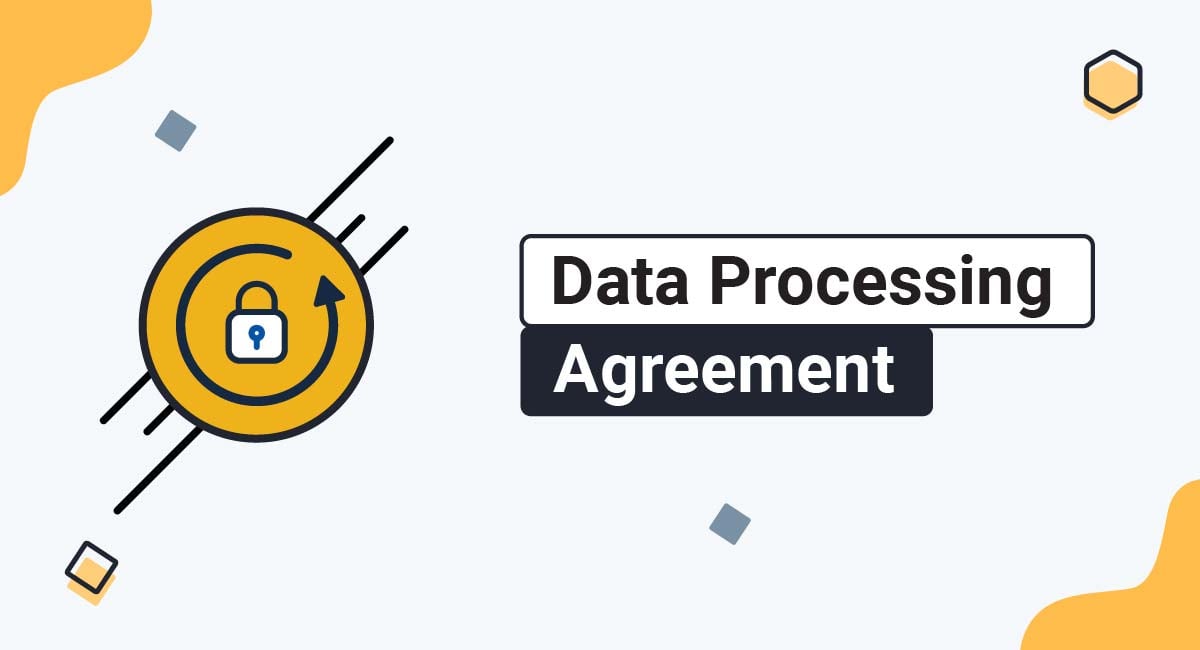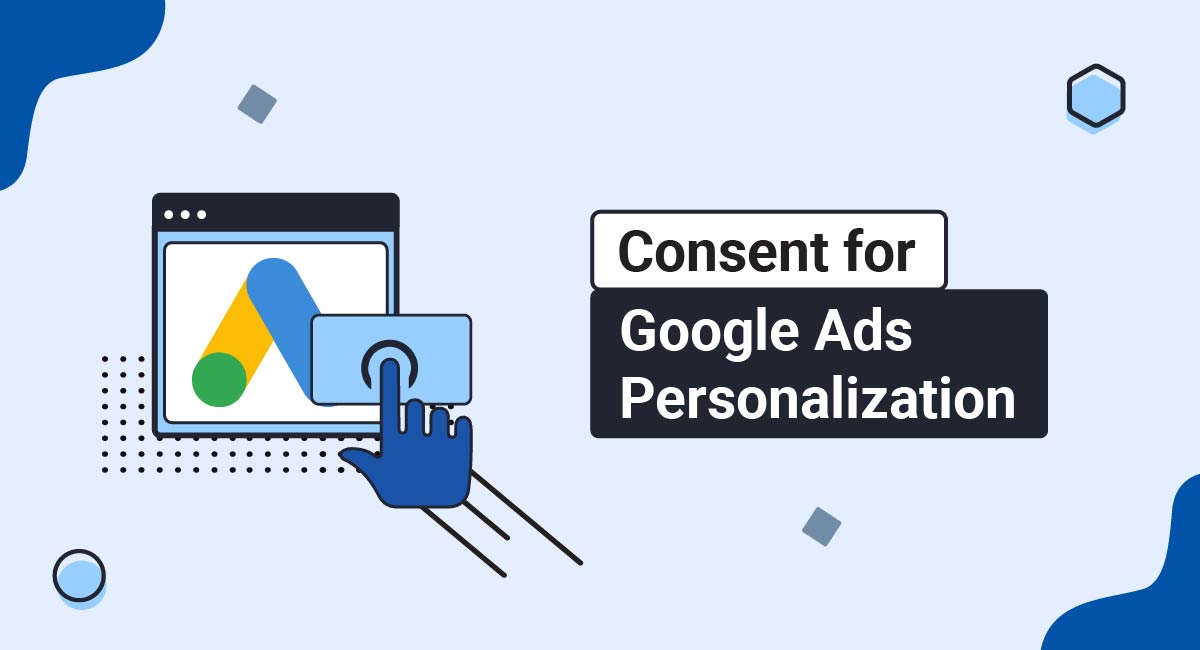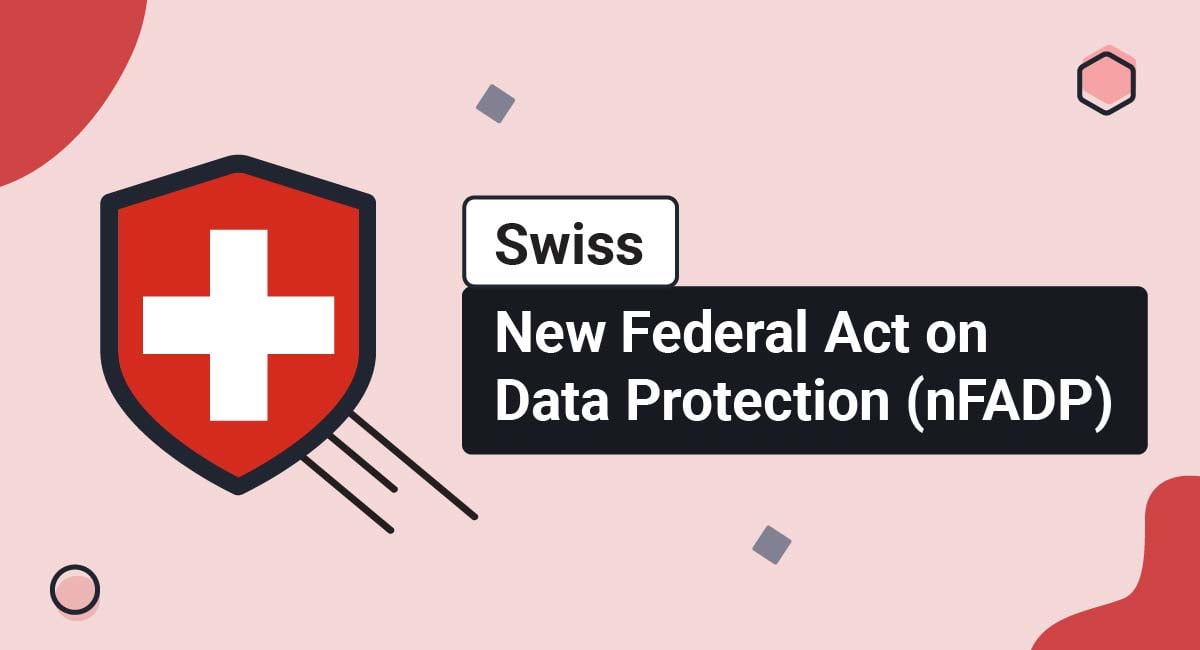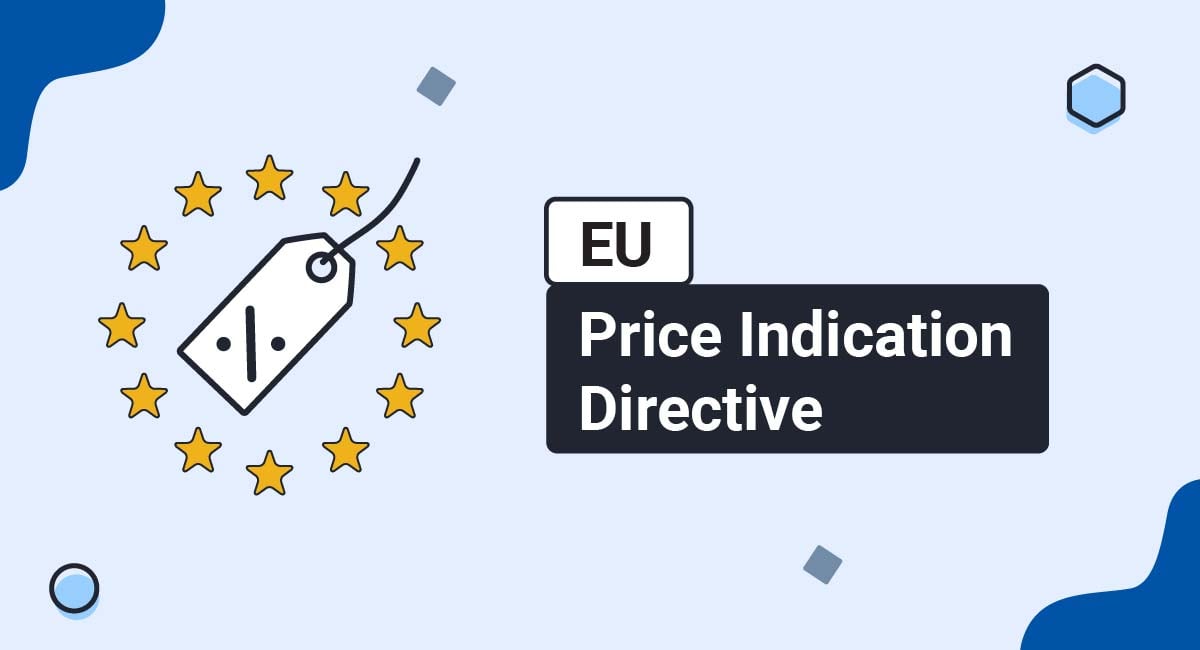Blog: Legal Requirements
Page 2
Navigate
-
EULA Agreements
-
Cookies Policy Agreements
-
Disclaimer Agreements
-
Privacy Policy Agreements
-
US Privacy Laws
-
Return Policy Agreements
-
Legal Requirements
-
EU Privacy Laws
-
Terms & Conditions Agreements
-
How to
-
Asia Privacy Laws
-
CA Privacy Laws
-
Consent
-
Templates
-
Consumer Privacy
-
AU Privacy Laws
-
LatAm Privacy Laws
-
Clauses
Data Processing Agreement
In today's world, where data increasingly resembles currency, it's essential for businesses that collect or process consumers' personal data to maintain a Data Processing Agreement to comply with applicable privacy and data protection laws. This article explains what a Data Processing Agreement is, what laws require you to have one, how...
A2P 10DLC Compliance
A2P 10DLC is short for Application-to-Person 10-digit long code. It's a communication channel that allows businesses to send A2P messages to U.S. phone numbers using local 10-digit phone numbers. A2P 10DLC was introduced by major U.S. mobile carriers in 2021. The primary goal is to ensure that business-to-customer messages through regular...
Consent for Google Ads Personalization
Any business that uses Google Ads to create personalized advertisements directed at individuals who live in the European Economic Area (EEA), Switzerland and/or the United Kingdom (UK) needs to be aware of Google's new consent requirements for ad personalization. This article explains why consent is necessary for Google Ads personalization, the...
Swiss New Federal Act on Data Protection (nFADP)
The Swiss New Federal Act on Data Protection (nFADP) is a comprehensive legal framework designed to strengthen the privacy rights and protect the personal data of Swiss citizens. The nFADP replaces Switzerland's previous privacy legislation of 1992, providing a renewed legal foundation for data protection in the country. This article will walk...
Legal Requirements for Your Social Commerce Business - Checklist
If you currently manage or plan to launch a social commerce business, you'll need to maintain a number of legal agreements. These agreements are essential to comply with the requirements of privacy laws and best business practices. In this article, we'll examine what legal agreements your social commerce business needs, why...
EU Price Indication Directive
The EU Price Indication Directive, or PID, is a piece of EU legislation that regulates how businesses provide pricing information to EU consumers. The PID was amended under the EU Omnibus Directive to ensure transparent and standardized pricing practices within the EU, especially regarding price reduction announcements. This article delves into the...





